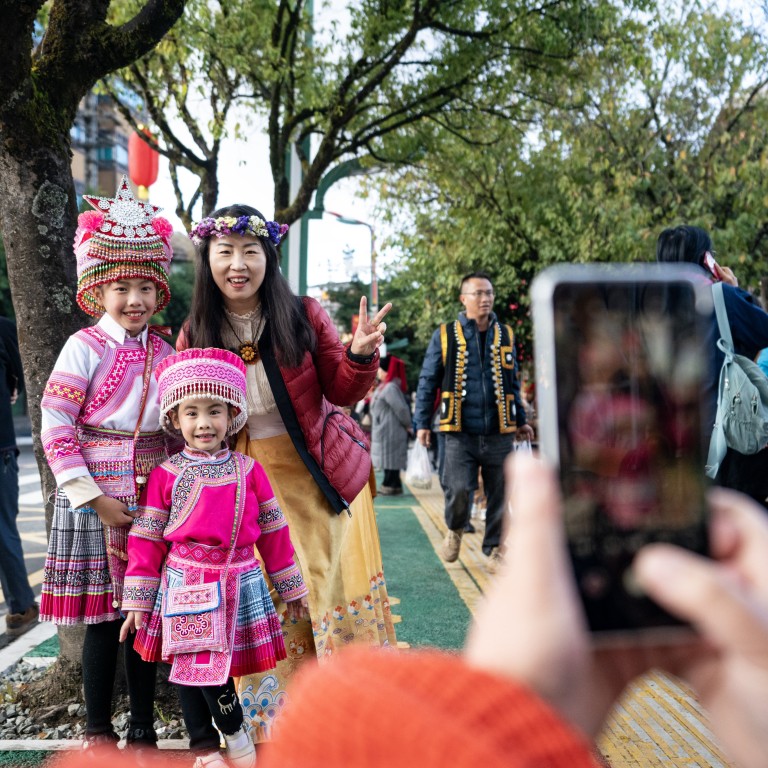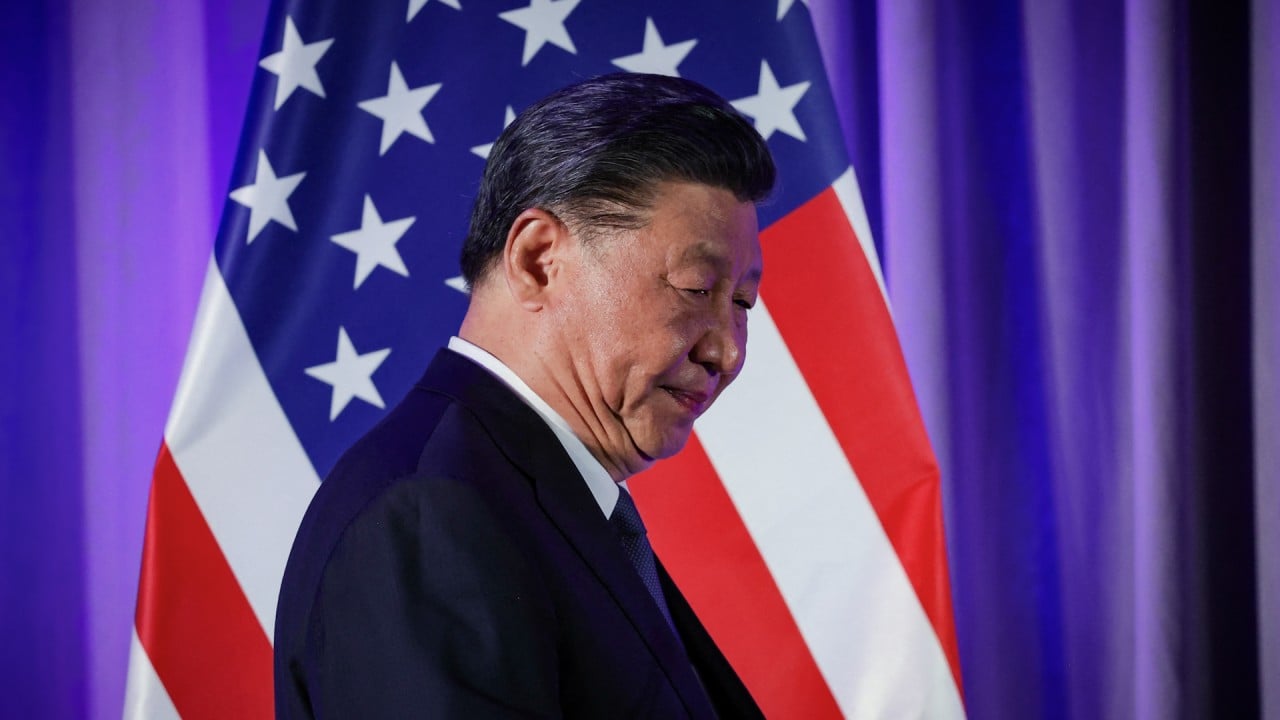
China’s travel agencies prepare for return of foreign tourists amid a slew of positive signs for industry
- Chinese travel agencies ramp up marketing and investments to draw overseas visitors as they capitalise on warming ties between Beijing and its key partners
- Flight bookings to China on Trip.com surged by 98 per cent year on year in October
Trip.com Group, China’s biggest online travel firm, has pledged to invest in areas from platform technology to marketing and product integration over the next three years to bolster its inbound travel business.
The Shanghai-based company has also teamed up with the government-affiliated China International Cultural Association to woo overseas tourists under the “Nihao China” (Hello China) programme featuring promotional videos and digital communications.
“Trip.com Group has been very optimistic about China’s inbound travel market since the borders reopened,” the company said in response to queries from the Post. The agreements on boosting US-China flights are “positive for the recovery of the inbound tourism market. We believe inbound travel holds immense potential for driving business growth.”
The talks between Xi and Biden have largely dispelled fears of a widening confrontation between the world’s two largest economies, with agreements reached on expanding the tourism industry and increasing the frequency of flights.
Before that, Australian Prime Minister Anthony Albanese undertook his first visit to China, underscoring the improvement in relations between the two key trading partners.
The return of foreign tourists will help to strengthen the fragile recovery of China’s economy, which endured an 80 per cent slump in visitors from 2020 to 2022 because of the Covid-19 lockdowns, among the most stringent in the world, and worsening ties with Western countries.
China International Capital Corp (CICC) expects a recovery in inbound tourism next year, which will boost China’s exports by as much as 2 percentage points and retail sales by 0.2 percentage points in 2024. Inbound tourism falls under the exports and retail sales category in China’s GDP calculations, according to the investment bank.

Before the outbreak of Covid-19, overseas tourists splurged more than US$130 billion a year in China, representing 5 per cent of exports and 0.5 per cent of retail sales, CICC said in a report last week. Travel to China recovered to about 45 per cent of pre-pandemic levels at the end of the third quarter, according to the report.
Revival of inbound tourism is crucial to Trip.com and the industry as a whole after being battered by three years of Covid-19 curbs. Third-quarter revenue for Trip.com almost doubled to 13.7 billion yuan (US$1.9 billion) from a year earlier, buoyed by pent-up demand for domestic and outbound travel.
However, its Hong Kong-listed shares have languished, rising 0.9 per cent year to date. The stock of peer Tongcheng Travel Holdings has plunged 22 per cent in Hong Kong this year, underperforming the Hang Seng Index’s 11 per cent decline.
However, things are looking up as China has recently taken a slew of measures to facilitate overseas tourists.
On Friday, the foreign ministry said travellers from six more countries including France, Germany and Italy will be able to travel visa-free to China from December on a trial basis.
Flight bookings to China on Trip.com’s platforms surged 98 per cent year on year in October, accelerating from a 58 per cent increase in September and an 89 per cent jump in August, according to data compiled by the company. South Korea, US and Japan were the biggest sources of inbound tourists, with Shenzhen and Shanghai being their most favoured destinations, the data showed.
If the momentum continues, it will be a boon for China’s uneven recovery that is facing headwinds from contracting external demand and a lingering downturn in the property market. Exports shrank for a sixth consecutive month in October and declines in property investments deepened, while industrial output and retail sales surpassed estimates.
“[This is] the start of the recovery in China’s inbound travel market,” said Wang Feng, an analyst at Shanxi Securities. “A slew of favourable policies coupled with the easing of border entries will stimulate inbound travel.”
Meanwhile, travel agencies in Australia are offering huge discounts on package tours to China after Albanese’s four-day visit sought to restore relations strained by disputes over Chinese telecoms firm Huawei Technologies, espionage and the Covid-19 pandemic.
“The Chinese inbound travel market has substantial growth opportunities, as it currently accounts for 0.3 per cent of China’s GDP,” Trip.com said.
“This leaves ample room for expansion, which will ultimately boost various sectors such as hospitality, transport, retail and entertainment, leading to an increase in our business growth in the future.”
Additional reporting by Mia Castagnone




